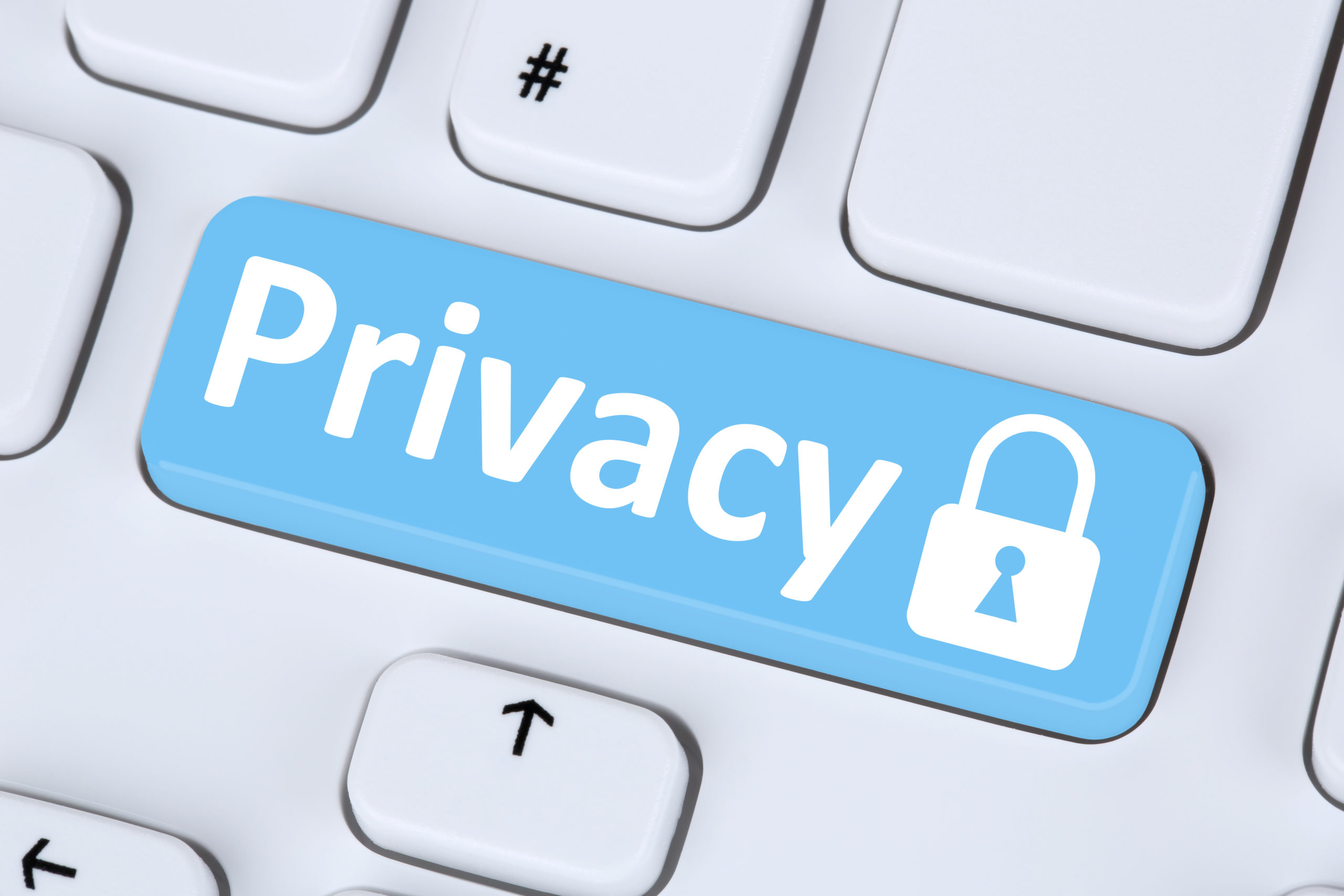Can you Delete Yourself from the Internet?
Technically, the answer is yes. However, deleting all the information about yourself on the Internet can be a long and tedious task. This would in large depend on the level of popularity the person wanting to erase himself online enjoys as well as his level of activity on the Internet. For example, if the person only has one account on one social media platform, it would be relatively easy to delete that account. However, maintaining many accounts across different platforms would make the process of deleting each one of them along with links and photos attached more complicated. It is also worth noting that other Internet users might have already saved that person’s photos on their own computers.
How Can You Remove a Photo of Yourself on the Internet?
When someone locates a photo on Google that they want to delete, they have to go to the original website, where that photo is located – simply deleting it on Google will not be enough to make that photo disappear. Google’s Support website states that Google more often than not is unable to delete the photo from its search results because the photo is located on a different website. Google can, however, remove those photos that contain sensitive personal information, such as credit card numbers or personal identification numbers.
The best way to remove a photo of yourself from the original website is to click on the “Contact Us” tab, which can be found at the bottom of most websites. This will put you in touch with the website webmaster, who you should address your concern to. It is best to include the URL (link) to the photo you want deleted, as well as reasons why it should be deleted. It will then be up to the individual website webmaster to decide whether to delete the photo or not.
It is worth noting that most websites include in their “Terms of Use” a provision that gives the website certain rights over your photos. For example, Facebook includes this language: “Specifically, when you share, post, or upload content that is covered by intellectual property rights (like photos or videos) on or in connection with our products, you grant us a non-exclusive, transferable, sub-licensable, royalty-free, and worldwide license to host, use, distribute, modify, run, copy, publicly perform or display, translate, and create derivative works of your content”.
Do You Own the Photos You Post Online?
This will typically depend on the website where the photos are posted. For example, Instagram, Facebook and Twitter retain a “license to use” your posted photos, while you retain “ownership” of those photos. A license to use typically means that the website has the right to distribute, transfer or use your photos for promotional purposes. If the website receives any profit from the photos, you will not know about it.








